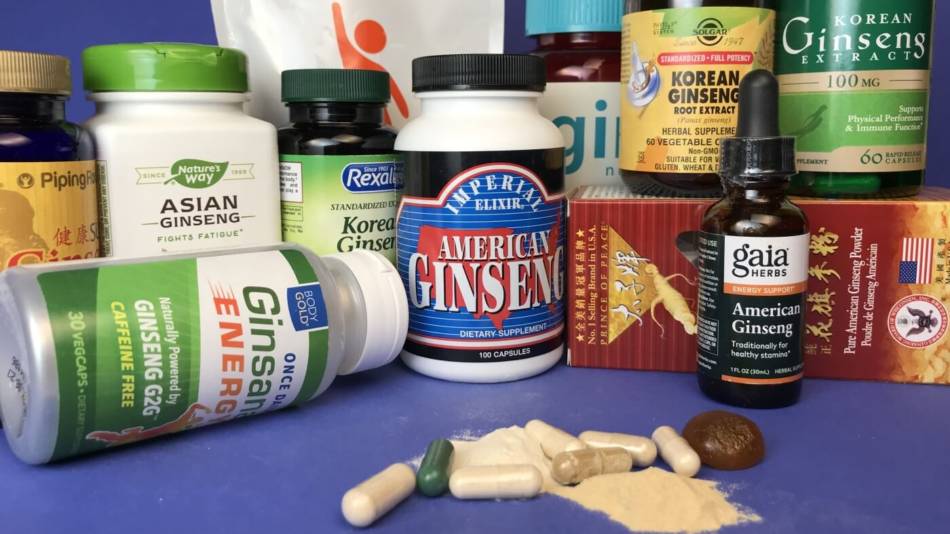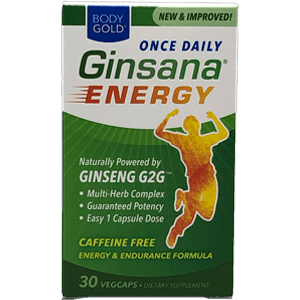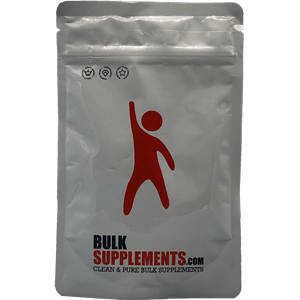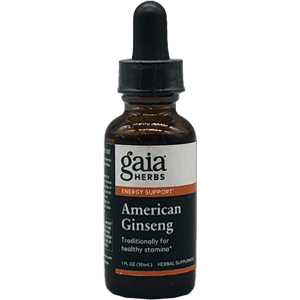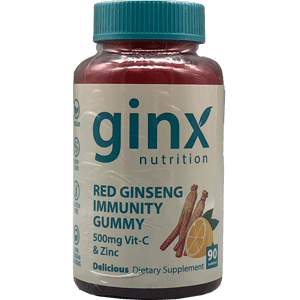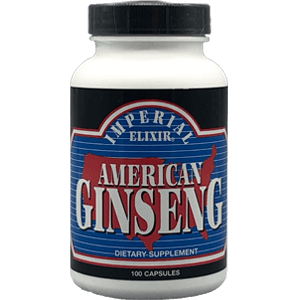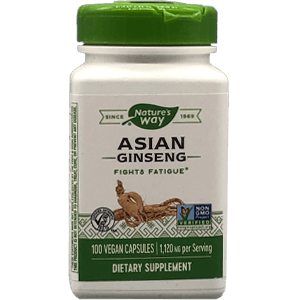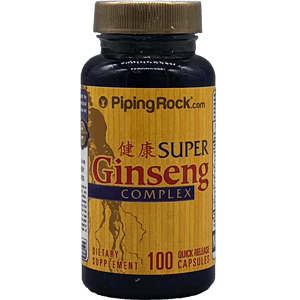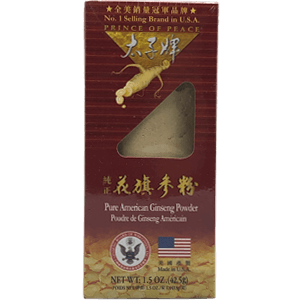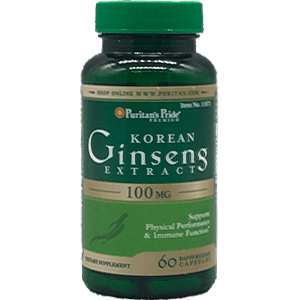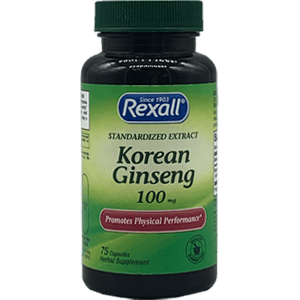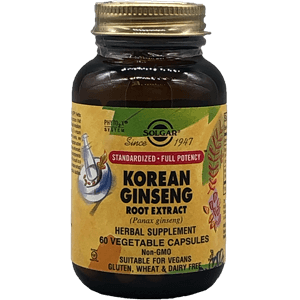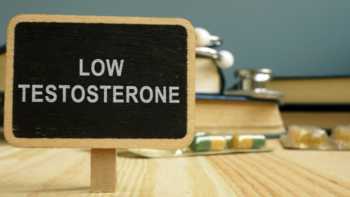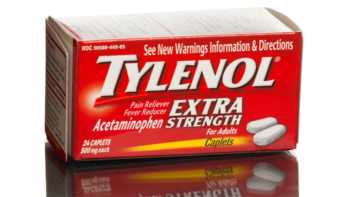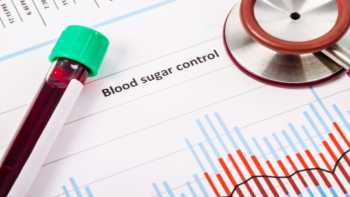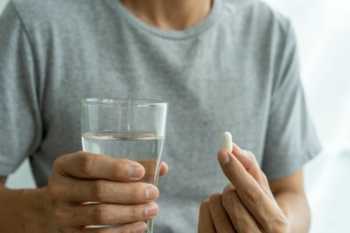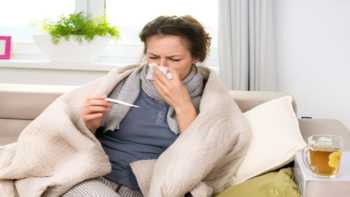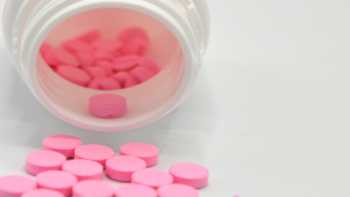Summary
-
What is ginseng and what does it do?
There two main types of ginseng root: Asian ginseng (Panax ginseng, often sold as Panax, Chinese or Korean ginseng) and American ginseng (Panax quinquefolius, which includes what is sold as Wisconsin ginseng). Note that "Siberian" or "Russian" ginseng is not true ginseng and does not contain the same active compounds as real ginseng. Ginseng is normally off-white in color but, when steamed and dried, it is "red" -- both forms are sold. (See What It Is for more details.)
As discussed in detail in the What It Does section, ginseng is widely used with the belief that it will improve overall energy and vitality, although there is little clinical evidence of this. Korean red ginseng is particularly popular for enhancing sexual function. Some studies in men with erectile dysfunction have shown some benefit, and some studies in women have shown improvement in sexual arousal.
There is preliminary evidence that ginseng extract can help improve blood sugar levels in people with type 2 diabetes, although it did not improve levels in a study of people with metabolic syndrome. A study found minor benefit with ginseng extract in people with liver dysfunction.
Despite some positive results, the role of ginseng in preventing the common cold or flu remains uncertain and, overall, there is not enough evidence to support using it for such purposes. In children with ADHD, a ginseng extract appeared to reduce hyperactivity but did not improve inattention. A study found ginseng to improve symptoms in women with cold hypersensitivity (which can include Raynaud's).
-
What did ConsumerLab find when testing ginseng supplements?
Our tests showed a very wide range in the amount of ginsenosides in ginseng supplements. Per serving, ginsenosides ranged from as little as 7.4 mg to as much as 82.9 mg. One product was Not Approved, as it contained only 77.4% of the minimum amount of ginsenosides we expected from its claimed amount and form of ginseng. (For details, see What CL Found.)

Which is the best ginseng?
Among the products that passed testing, ConsumerLab.com chose three Top Picks — one Asian ginseng supplements and two American ginseng supplements. These provide high quality ginseng at relatively good value.-
How much ginseng should I take?
Dosage depends largely on the form of ginseng used: Generally about 1,000 mg (1 gram) of root powder is taken twice daily, while only about 100 mg of root extract is taken twice daily, but dosage can vary significantly based on type of ginseng and reason for use. Effects may take days or weeks. (See What to Consider When Using).
-
Is ginseng safe and does it cause side effects?
Ginseng is generally thought to be safe when taken in appropriate suggested amounts, although its safety has not been established during pregnancy or breast-feeding. Due to its potential effect on blood sugar levels, people with diabetes should be cautious about using ginseng. Ginseng may also interact with a range of drugs including warfarin and statins. It may also stimulate breast cancer cells, so should not be used in people with breast cancer. For details, see Concerns and Cautions.
+— 22 sources
In addition the results of its expert testing, ConsumerLab uses only high-quality, evidence based, information sources. These sources include peer-reviewed studies and information from agencies such as the FDA and USDA, and the National Academy of Medicine. On evolving topics, studies from pre-print journals may be sourced. All of our content is reviewed by medical doctors and doctoral-level experts in pharmacology, toxicology, and chemistry. We continually update and medically review our information to keep our content trustworthy, accurate, and reliable. The following sources are referenced in this article:
- Lee, J Ginseng Res 2024
- Barton, JNCI 2013
- Vuksan, Eur J Nutr 2018
- Park, J Ginseng Res 2014
- Jung, Complement Ther Med 2016
- Shen, Evid Based Complement Alternat Med 2020
- McElhaney, J Altern Complement Med 2006
- Kolber, ACFP's Tools for Practice 2012
- Scaglione, Drugs Exp Clin Res 1996
- Hyun, J Ginseng Res 2020
- Ko, J Child Adolesc Psychopharmacol 2014
- Lyon, J Psychiatry Neurosci 2001
- Choi, Int J Impot Res 1995
- de Andrade, Asian J. Anrdol. 2007
- Oh, J Sex Med 2010
- Ghamari, Women Health 2020
- Park, J Ethnopharmacol 2014
- Bell, Eur J Nutr 2021
- United States District Court of Eastern NY, 2019
- Bilgi, Ann Pharmacother 2010
- Fuchikami, Drug Metab Dispos 2006
- Laube, Br J Clin Pharmacol 2019
As a ConsumerLab.com member, you may print a copy of this report for your personal use.
You can access a special print version by clicking the "Print" icon in the upper right corner of this report.
You can then use your web browser's print functions to print the whole report or just selected pages.
You may also email or post a link to this report using the web address above.
Non-members using the link will see a free summary and can join to view the full report.
Other means of copying or distributing this report, in part or full, are not permitted.
If you are sight-impaired and your computer is having trouble converting the text in this report to speech,
contact us for assistance at Membership@ConsumerLab.com or by
phone at 914-722-9149.

